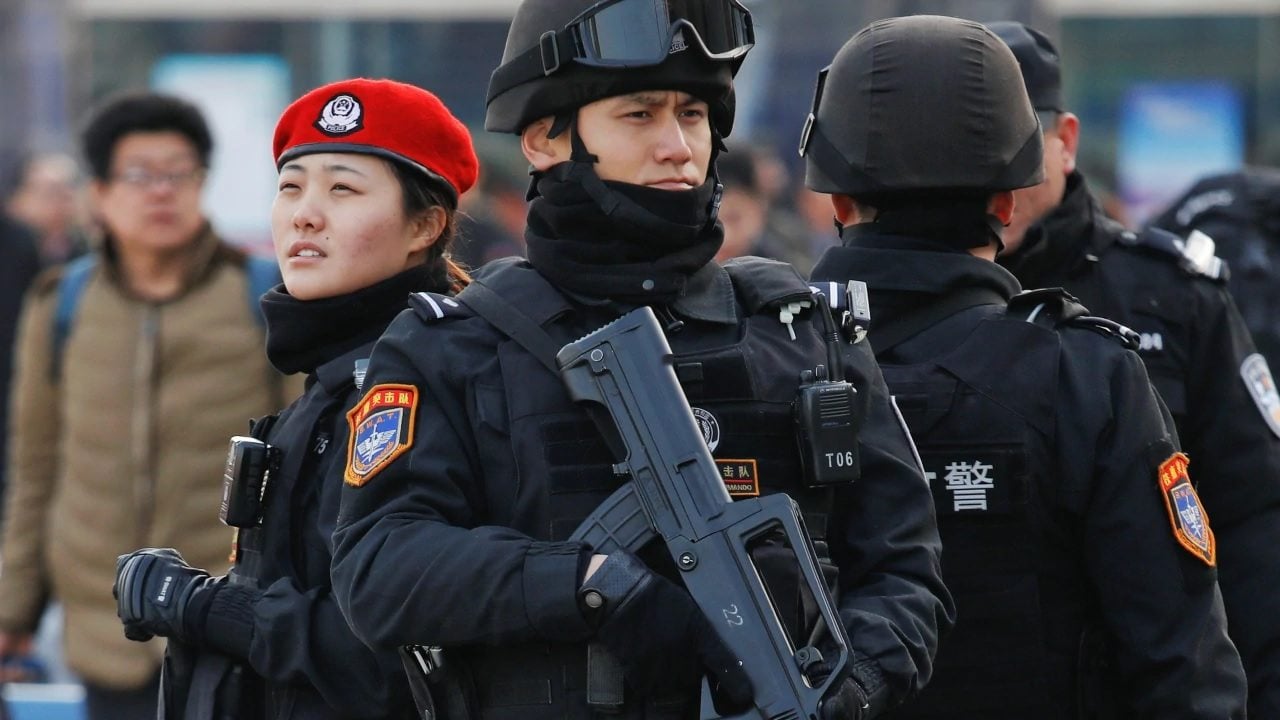Chinese Anti-Gambling Campaign Offers Riches for Snitches
Posted on: June 18, 2020, 02:20h.
Last updated on: June 18, 2020, 02:54h.
Citizens of Jilin, China can now earn up to RMB50,000 ($7,000 USD) for informing on neighbors they suspect of being involved in illegal gambling. It’s part of a new trial system rolled out by authorities in the northeastern province.

As reported by Focus Asia Pacific, the province’s Public Security Department announced this week that citizens who reported “international gambling crime clues” that led to arrests and convictions will be eligible for the biggest paydays.
All gambling is illegal in China, except for the state-run national lottery and sports lottery. Citizens found to be participating in illicit games of chance are strictly punished.
Nevertheless, gambling is common, as are underground casinos, numbers rackets, and mahjong parlors.
In recent years, Chinese authorities have railed against illegal cross-border gambling in particular — the online gaming operators from the Philippines that target Chinese citizens with impunity, or the foreign land-based casinos whose agents market their services to customers in the Chinese mainland.
Cross-Border Crimes
Chinese citizens can use VPNs and underground banking networks to access and deposit money at betting websites, where they gamble an estimated $145 billion a year, according to the state-run news agency Xinhua.
The Public Security Ministry said in a statement in April that cross-border gambling crimes “seriously injure the public’s lawful rights and interests and seriously impact health, economic, and social development.”
In recent months, authorities have broken up several major illegal online gambling outfits based across mainland China.
In early June, police in Nantong city in Jiangsu province busted a gambling ring worth some $183.4 million that enabled citizens to engage in high-stakes proxy betting in Macau.
This is where agents based in land-based casino VIP rooms place bets over the phone on behalf of high-rolling mainland clients.
The leader of the group was swiftly handed a 16-year prison sentence.
Financial Crackdown
Also in early June, the Public Security Ministry launched an online platform that allows citizens to file reports of illegal cross-border gambling by scanning a QR code with their phones.
The ministry said it wanted “People involved in gambling to expose relevant crimes and seek leniency according to law.”
Last week, the People’s Bank of China said it would crack down on payment providers that allow Chinese citizens to deposit money on foreign online gaming sites. The state-owned bank plans to make it tougher to transfer money out of the mainland by enhancing the identification and tracking of capital flow.
Fan Yifei, a deputy governor of the bank, said all financial institutions needed to “further improve their political positions, enhance their sense of responsibility and urgency in prevention and control, implement ‘two maintenance’ practices, firmly establish and earnestly implement the overall national security concept, and take on the severance of cross-border gambling capital chains as a firm fight.”
Related News Articles
Star Entertainment Shares Plunge on Money Laundering Allegations
Most Popular
LOST VEGAS: ‘Tony The Ant’ Spilotro’s Circus Circus Gift Shop
Las Vegas Overstated F1 Race’s Vegas Impact — Report
Mega Millions Reportedly Mulling Substantial Ticket Price Increase
Las Vegas Strip Stabbing Near The Strat Leaves One Man Dead
Most Commented
-
End of the Line for Las Vegas Monorail
— April 5, 2024 — 90 Comments -
Mega Millions Reportedly Mulling Substantial Ticket Price Increase
— April 16, 2024 — 6 Comments -
Long Island Casino Opponents Love New York Licensing Delays
— March 27, 2024 — 5 Comments -
VEGAS MYTHS RE-BUSTED: You Can Buy Legal Weed On the Strip
— March 22, 2024 — 4 Comments
















No comments yet